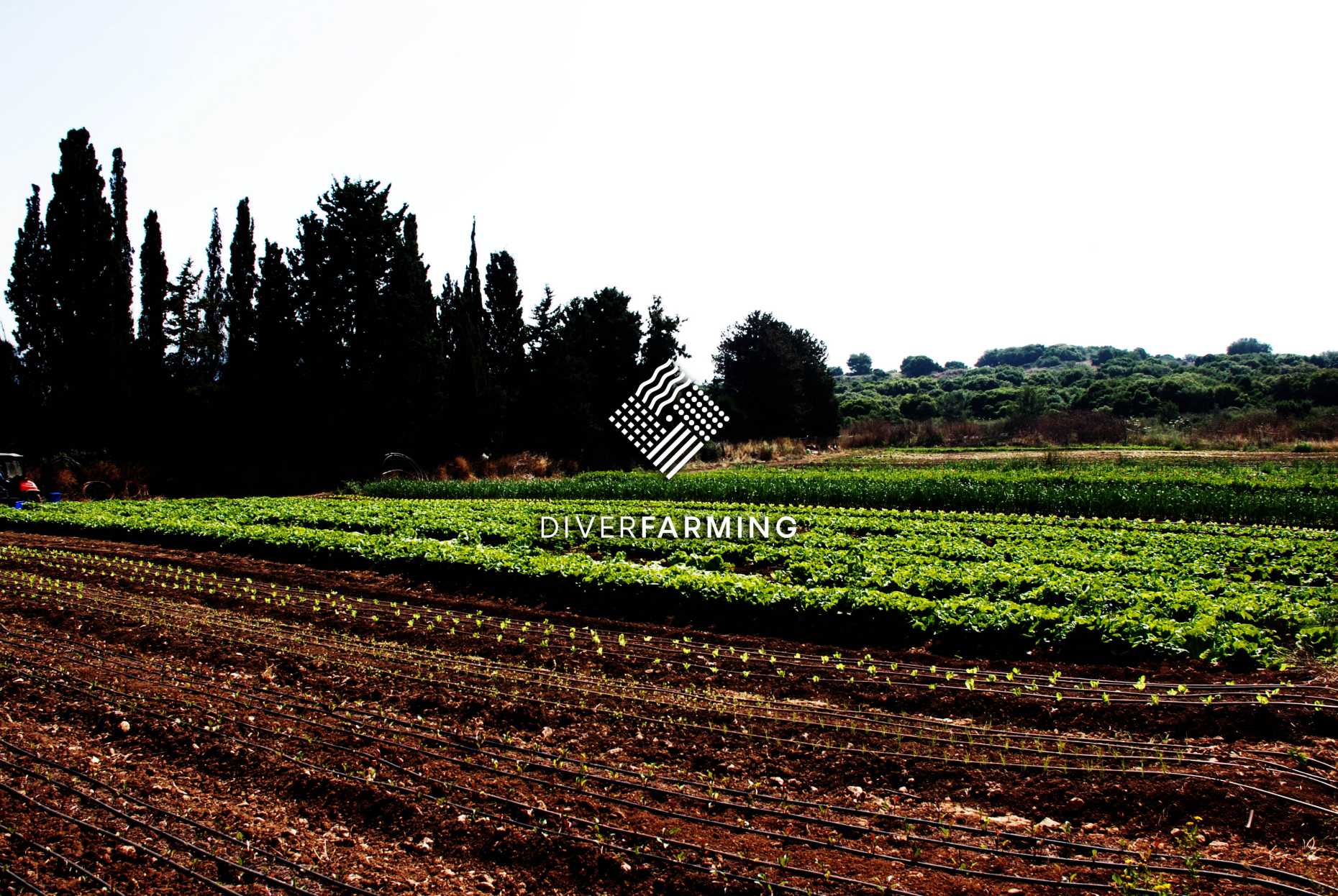DiverFarming

Background
In view of the socioeconomic and environmental problems arising from mono-cropping and high-input systems, there is now a growing emphasis on crop diversification and optimized use of resources. The increase in land productivity by crop diversification coinciding with a decrease in production and environmental costs could contribute to the growth of the European agricultural sector through adaptation of the entire value chain. Therefor a multi-actor integrated consortium of farmers, technicians, agribusiness, logistic SME, machinery SME, decision-makers and researchers formed the team of DiverFarming to answer scientific questions and promote opportunities for sustainable farming and agribusiness models across Europe. The consortium organizes 12 different case studies in different regions to collect data from field trials and gain experience from practical on farm applications.
Objectives
In collaboration with practitioners different diversification strategies are tested under low-input practices; diversified rotations, multiple cropping and intercropping. These diversification strategies are applied on cereals, horticulture, permanent woody crops and grasslands in order to accomplish the following objectives:
- Increase the long-term resilience and economic revenues for the farms
- Reduce environmental impacts like erosion, reactive nitrogen pollution and greenhouse gas pollution
- Improve ecosystem services like carbon sequestration, biodiversity, soil fertility, pest and disease control or water availability
- Optimising the downstream value chains organization
Countries: EU, with field experiments in Spain, Italy, Netherlands, Germany, Hungary and Finland
Culture: Cereals, horticulture, olive-, almond- and fruit-trees, vineyards
Project duration: 2017-2021
Project partners: A multi-actor integrated consortium of farmers, technicians, agribusiness, logistic SME, machinery SME, decision-makers and researchers (in total 25 different organisations in Europe)
Project funding: EU’s Horizon2020 Programm, Swiss State Secretariat for Education, Research and Innovation
Outcomes
Tailoring diversified cropping systems focusing on the adverse impacts of current agro-ecosystems and ensuring end-user acceptance by reducing technical, socioeconomic, cultural and value chain barriers, through a decision-making process with involvement of all stakeholders, from farmers to consumers. The selected diversified cropping systems will be validated in 12 field case studies researching food, feed and industrial products under conventional and organic systems, studying the land productivity, the rational use of external inputs, the delivery of ecosystem services, the proper organization of downstream value chains and the economic impact through the entire value chain. One field case to test new machinery. Seven long-term experimental plots will be provided by partners to count with longer experimental data.
For further information please contact Roman Hüppi () or Johan Six (). Or visit our project external pagewebsitecall_made.
Master Thesis
«An approach to a systematic classification of permaculture practises in an agrarian and garden context in Switzerland» Stephan Griesser, Jan. 2020

For further information please contact Roman Hüppi () or Johan Six ().
